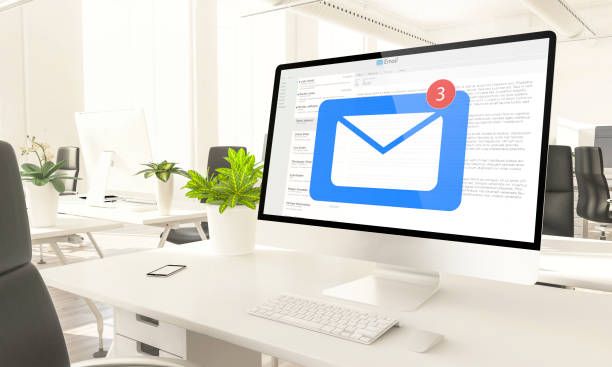As cyberattacks become more sophisticated, email header validation has become an essential tool in the fight against phishing, spam, and other email-based threats. In this article, we’ll explore what email header validation is, how it works, and why it’s so important for your online security.
What is Email Header Validation?

Email header validation is the process of verifying the authenticity of an email message by analyzing its header information. Every email message contains a header, which is a set of metadata that provides information about the sender, recipient, subject, and other details of the message.
By analyzing this header information, email header validation tools can determine whether the message is legitimate or whether it has been forged or spoofed. This is important because many cybercriminals use fake email addresses and other tactics to trick users into clicking on malicious links, downloading malware, or revealing sensitive information.
How Does Email Header Validation Work?
There are several different methods that email header validation tools can use to analyze and verify email headers. Some of the most common methods include:
- SPF (Sender Policy Framework): This is a protocol that checks whether the IP address of the sender matches the domain name in the email header.
- DKIM (DomainKeys Identified Mail): This is a protocol that uses digital signatures to verify the authenticity of the email message.
- DMARC (Domain-Based Message Authentication, Reporting, and Conformance): This is a policy framework that combines SPF and DKIM to provide a more comprehensive validation process.
By using one or more of these methods, email header validation tools can determine whether an email message is legitimate or not. If the message fails the validation process, it can be blocked or marked as spam.

Why is Email Header Validation Important?

Email header validation is important for several reasons:
- Protects against phishing and other email-based threats: By verifying the authenticity of email messages, email header validation helps to prevent users from falling victim to phishing scams and other types of email-based attacks.
- Improves email deliverability: By blocking spam and other unwanted messages, email header validation can help to improve email deliverability and ensure that legitimate messages reach their intended recipients.
- Compliance with industry standards: Many industries and regulatory bodies require organizations to implement email authentication and validation measures to protect sensitive information and comply with data protection regulations.
Conclusion
Email header validation is an essential tool for protecting your inbox and ensuring that your email messages are secure. By using email header validation tools that incorporate SPF, DKIM, and DMARC, you can verify the authenticity of email messages and protect yourself against phishing, spam, and other email-based threats.

